About BlackLetter
Our Work
Originally founded in 1983 as an internal publication of the Black Law Students Association, the Harvard BlackLetter Law Journal—known from 2009 to 2018 as the Harvard Journal on Racial & Ethnic Justice—is an annual publication edited by students at Harvard Law School.
The Harvard BlackLetter Law Journal is a forum for activists, lawyers, those who are or who have been incarcerated, scholars, and others to confront cutting-edge issues facing Black communities.
The Harvard BlackLetter Law Journal (BLJ) focuses on struggles against anti-Blackness and challenges ideas about who can legitimately produce knowledge related to law. The Journal features work by people writing from many different experiences, on a range of topics, and in a variety of forms, including poetry, essays, visual art, songs, and other forms of expression. BLJ, therefore, publishes work by and for activists, artists, currently and formerly incarcerated people, lawyers, professors, and many others.
As BLJ looks beyond the status quo, it also looks backward to our Journal’s history and to longer traditions of Black radicalism. We honor and extend the mission at BLJ’s founding in 1983 to challenge anti-Blackness, participate in activism around knowledge production, and engage collective struggle for liberation.
established
volumes
staff
“The history of blackness is a testament to the fact that objects can and do resist.” – Fred Moten
About Us
Subscriptions include a copy of the most recent volume, a special invitation to all events including our annual symposium, and periodic updates through our email list. View prices and subscribe through the Harvard Law School Office of Community Engagement, Equity, and Belonging.
Past volumes are available exclusively from William S. Hein & Co., Inc., 1285 Main Street, Buffalo, NY, 14209, 1-800-828-7571, wsheinco@class.org. Contact William S. Hein & Co. for information on prices for bound volumes.
To request copyright permissions for the journal, please contact the Copyright Clearance Center.
Manuscripts may be submitted for review at harvardblj@gmail.com. In addition to the full text, authors should submit a current CV and an optional cover letter. Footnotes should conform to The Bluebook (20th ed. 2015). We look forward to hearing from you!
OUR HISTORY
What is now the BlackLetter Law Journal, used to be the Journal on Racial and Ethnic Justice which originally started as the Blackletter, a community newsletter for Black students at Harvard Law School.
In 1975, Blackletter was founded as a community newsletter for Black students at HLS. The project was supported by then-BLSA-President Loretta Argrett, as part of her effort to lead BLSA in doing more community service projects. (Ogletree, From Dred Scott to Barack Obama: The Ebb and Flow of Race Jurisprudence, 7)
Then, in the early 1980s, Blackletter puts activism “at the heart and soul of the blacks students’ agenda” by reflecting the pressing issues Blacks on campus fought for at the time, such as faculty diversity. It also played a role in forming the first-ever HLS Black Alumni Association (Ogletree, From Dred Scott to Barack Obama: The Ebb and Flow of Race Jurisprudence, 7)
In the mid-1980s, the newsletter transitioned into a full-fledged academic journal: The Blackletter Law Journal. It maintained a strong focus on the Harvard community and its surroundings
In 1984, The Blackletter Law Journal was founded. It was affiliated with BLSA, and focused on critical legal theory, racial justice writing, and topics like affirmative action. (Harvard Law Record, October 5 1973). The Journal focused on creating a forum for writing, dialogue on issues affecting Black community, with the aim of promoting racial equality. It also included info on meetings, public events, political events, speakers, social events, job opportunities, Big Brother/Big Sister events. (Ogletree, Harvard Blackletter Journal: Celebrating a Decade of Excellence, 2).
Support innovative legal scholarship on racial and ethnic justice.
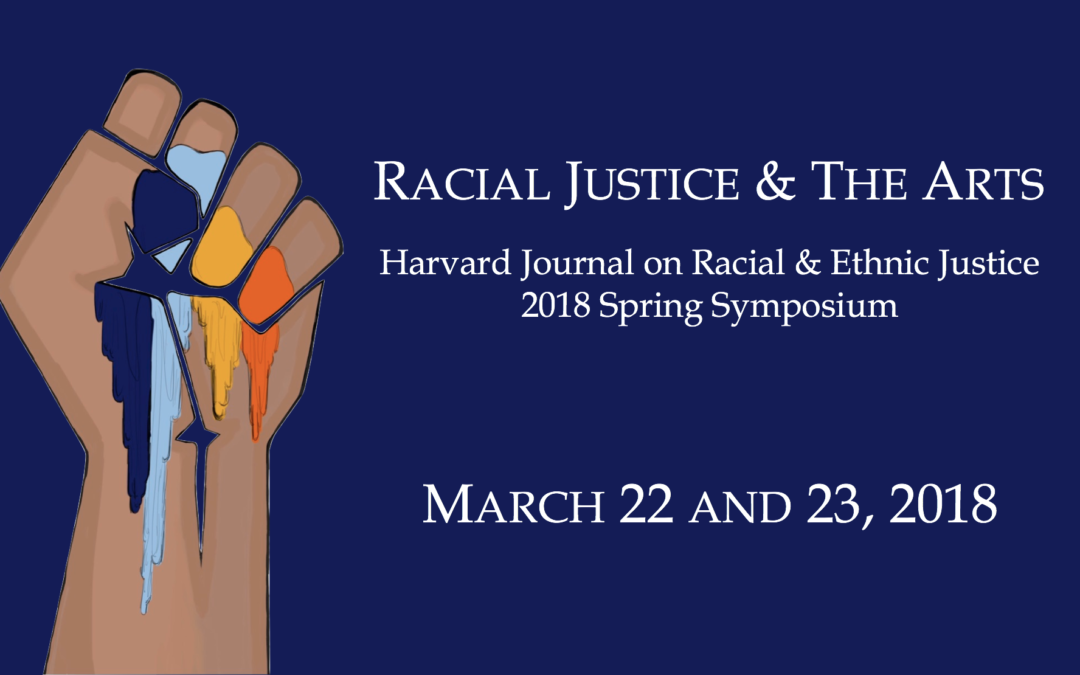
3/22-23/18 | Spring Symposium: Racial Justice & the Arts
RACIAL JUSTICE & THE ARTS Harvard Law Journal on Racial and Ethnic Justice Spring Symposium March 22-23, 2018, at Harvard Law School 1585 Massachusetts Ave, Cambridge, MA 02138 Free and open to the public. For general questions, please...
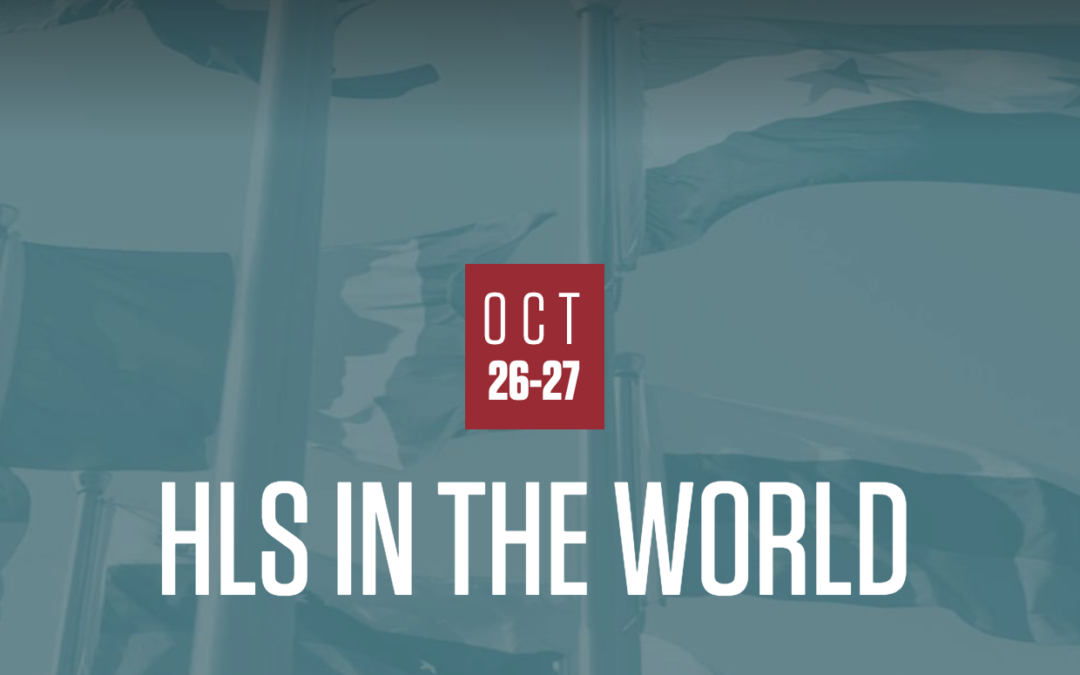
10/27/17 | HLS Bicentennial Symposium
JREJ is proudly co-sponsoring four events at the Harvard Law School Bicentennial Symposium on October 27, 2017. 9:00 AM | Criminal Justice Reform and Advocacy Through Storytelling with Lesley Harris 9:00 AM | Critical Legal Movements and Harvard Law School with Nancy...

11/4/17 | Join JREJ for our fall subcite!
Our subcite training and fall subcite will take place on Saturday, November 4, 2017, in Pound 102. Our subcite training will begin at 9:00am, and we will begin subciting afterwards. Typically, JREJ subciters are done by noon. Breakfast and lunch will be served. If you...

Now accepting submissions for our 34th edition (2017-2018)
Whether one calls it modern day slavery or the new Jim Crow, mass incarceration represents the most recent dynamic mechanism by which the state exercises controls over black and brown bodies in the name of justice. The term encompasses more than the wild racial...
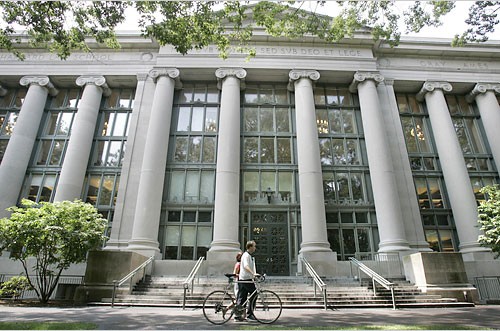
JREJ Critical Race Theory Symposium
The Harvard Journal on Racial & Ethnic Justice is proud to present its annual symposium on critical race theory in academia and action. The symposium is free and open to the public. Sign up for a coffee chat with Tanya Hernandez here. To assist us in estimating...
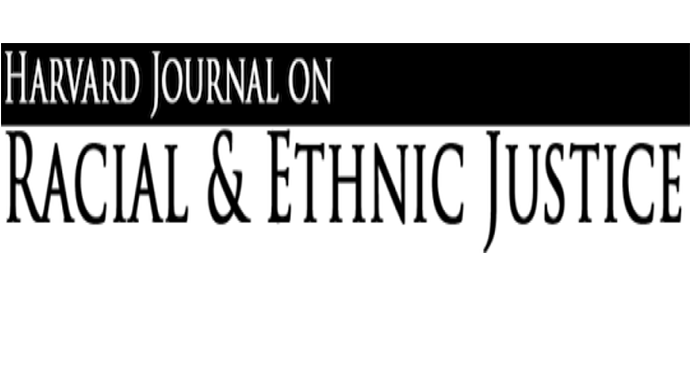
Now Accepting Article Submissions for 2016-17!
Whether one calls it modern day slavery or the new Jim Crow, mass incarceration represents the most recent dynamic mechanism by which the state exercises controls over black and brown bodies in the name of justice. The term encompasses more than the wild racial...
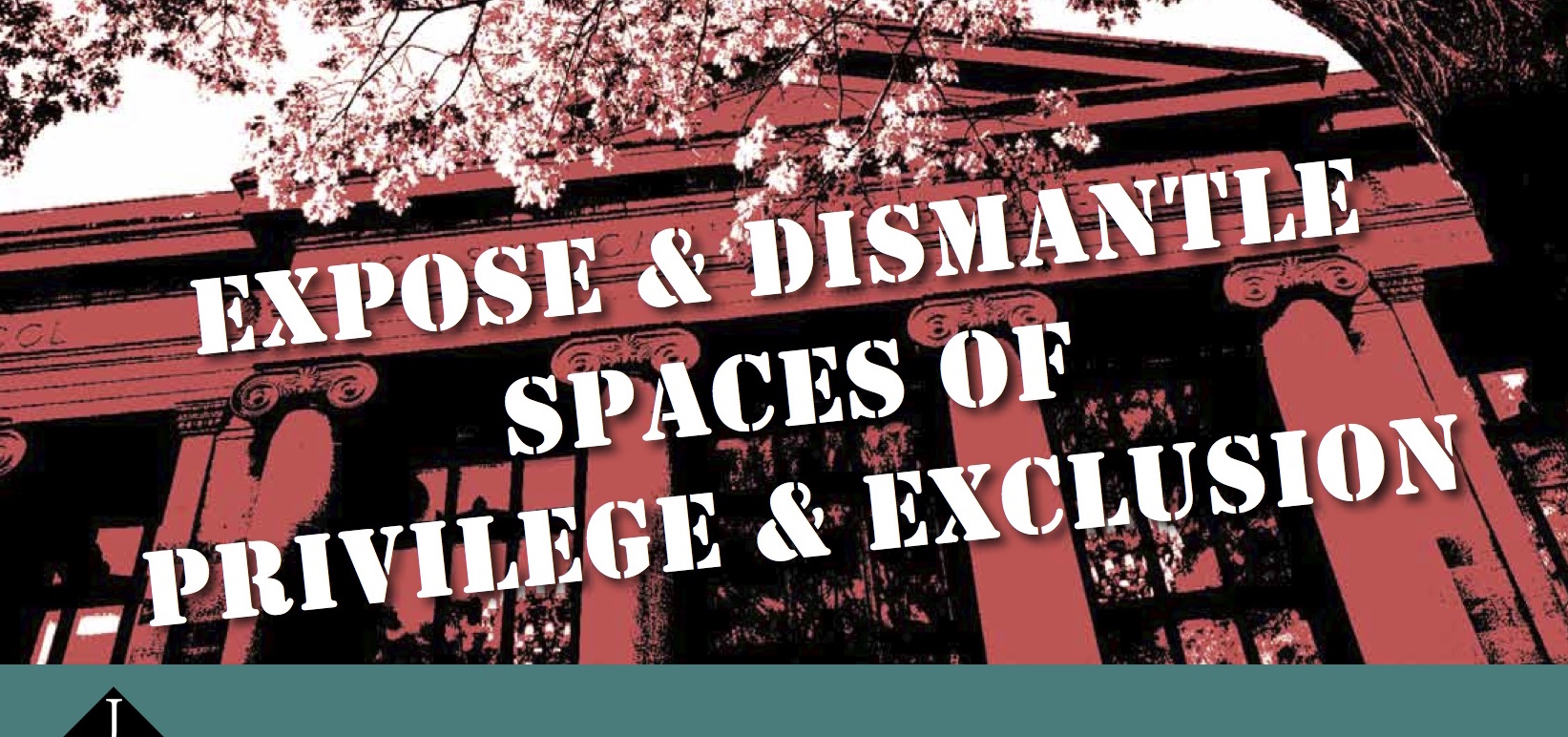
JREJ Hosts Spring Symposium
The Harvard Journal on Racial and Ethnic Justice (JREJ) is hosted its spring symposium, “The Legal Status of Racial Power: A Retrospective of ‘Whiteness as Property'” on Wednesday, April 8that 12 – 2PM. The event was located at Harvard Law School in Milstein West and...
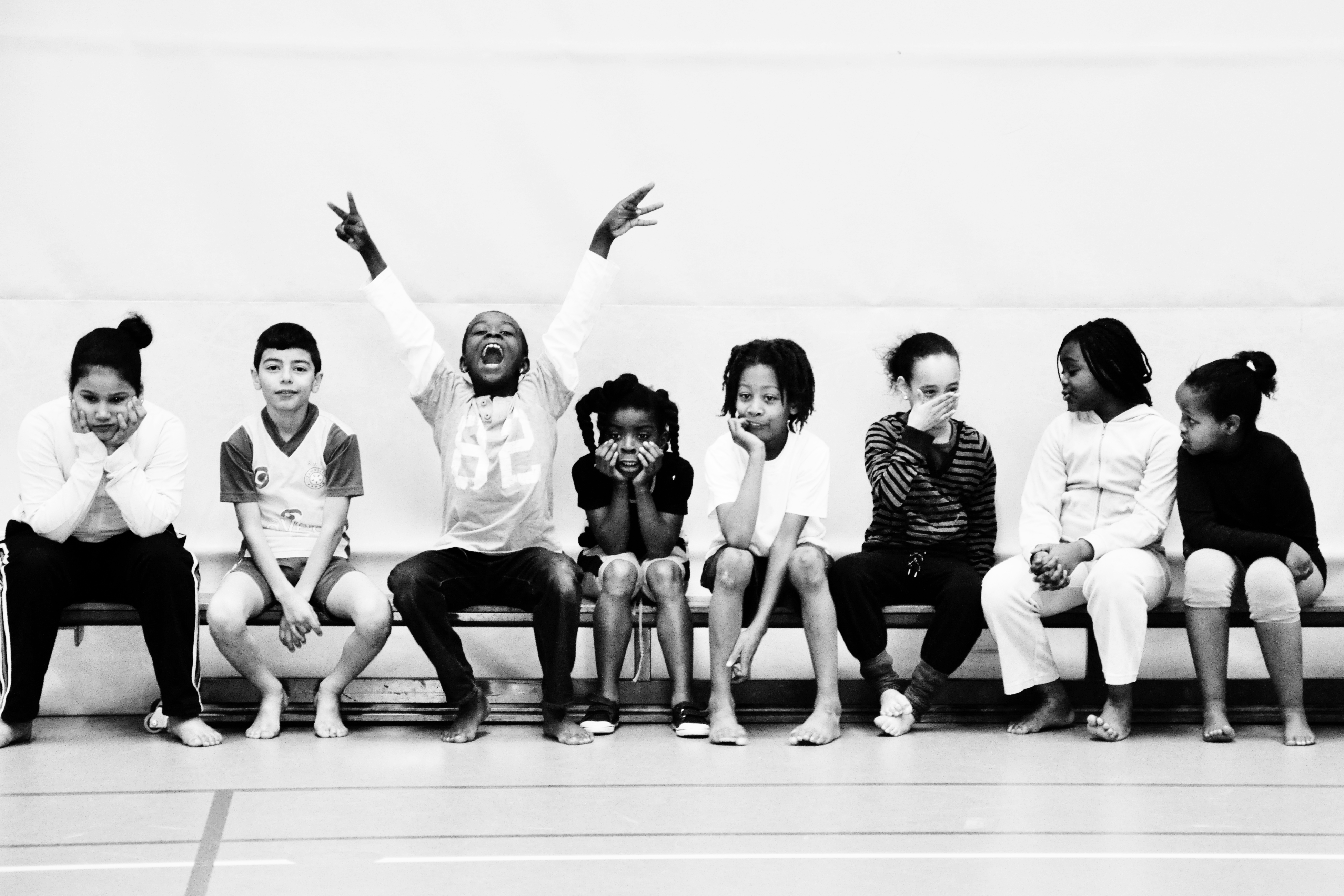
Still Separate, Still Unequal
The Harvard Journal of Racial and Ethnic Justice (JREJ) recently published its first online volume. It consists of material first presented at JREJ’s Spring 2014 Symposium: “40 Years After Milliken: Remedying Racial Disparities in a ‘Post-Racial Society.’” The 1974...
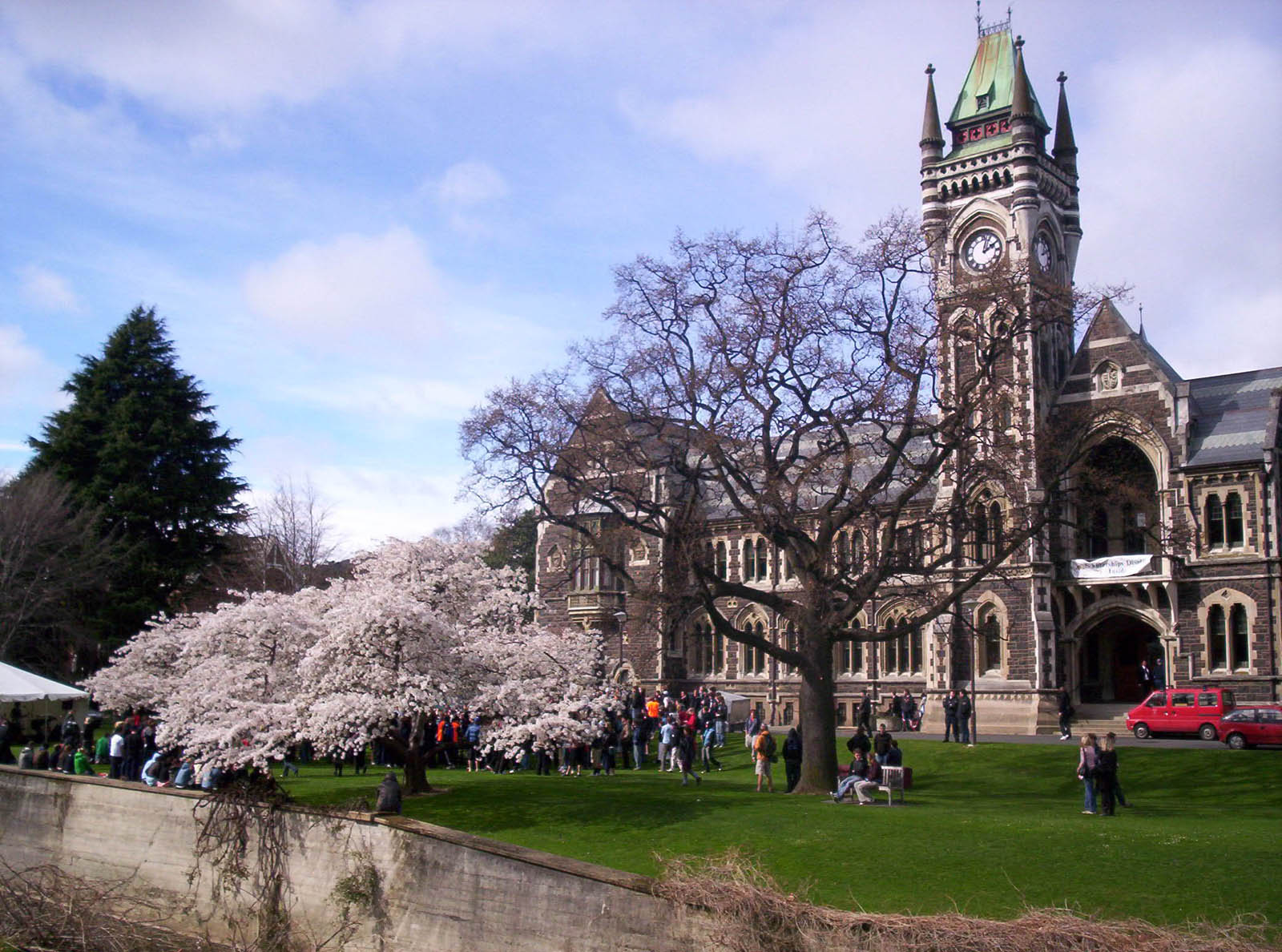
Commentary on “Fisher” and the Future of Affirmative Action
Introduction Nearly fifty years after eleven-year-old Linda Brown journeyed up the steps of the Supreme Court of the United States, seventeen-year-old Abigail Fisher took her place in front of the country’s most esteemed judicial bench. Fisher, too, argued for equal...
Volume 28
Storytelling and Political Resistance: Remembering Derrick Bell (with a story about tlton Trumbo) Martha Minow Separate, Unequal, and Seeking Support Meera E. Deo Derrick Bell: Godfather Provocateur andre douglas pond cummings “Other Spaces” in Legal Pedagogy Lolita...
